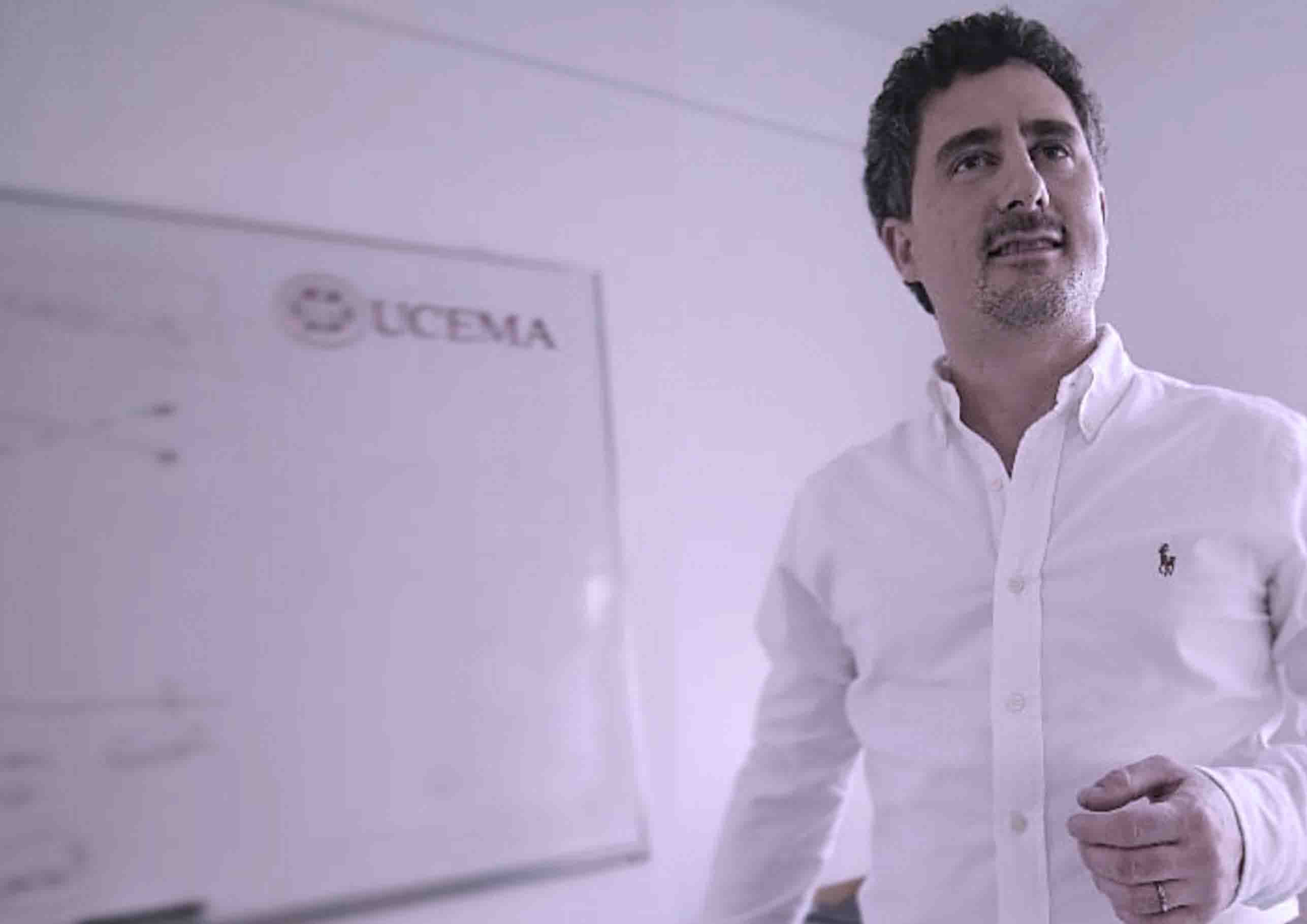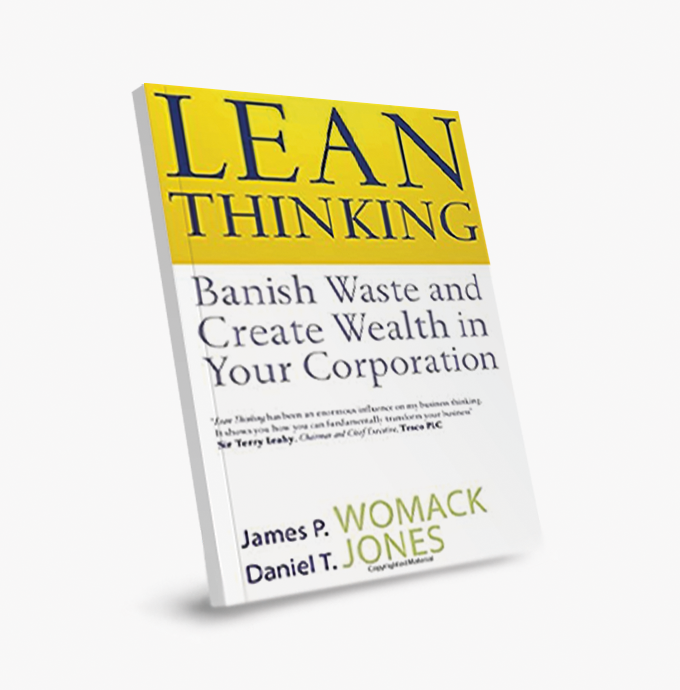

from Daniel T. Jones and James P. Womack
"Lean Thinking: Banish Waste and Create Wealth in Your Corporation" by James P. Womack and Daniel T. Jones presents a transformative approach to business efficiency, focusing on value creation and waste elimination. At its heart, the book introduces five key principles of Lean Thinking: defining value from the customer's perspective, mapping the value stream to identify and remove waste, creating a smooth flow of products and services, establishing a pull system driven by customer demand, and pursuing perfection through continuous improvement. These principles guide businesses in rethinking their processes, aiming to deliver maximum value with minimum waste.
The concept of value stream mapping is pivotal, enabling organizations to visualize every step in their process, from raw material to customer delivery. This visualization helps identify non-value-adding activities – the various forms of waste that can be eliminated. By focusing on the flow principle, Lean Thinking advocates for breaking down traditional silos and encouraging cross-functional collaboration to ensure that value is delivered more efficiently. The pull system further revolutionizes production schedules, shifting from forecasting to responding directly to actual customer demand, thereby reducing inventories and enhancing responsiveness.
Lean Thinking also emphasizes the role of people in the transformation process. It argues that empowering employees at all levels to identify inefficiencies and propose improvements leads to a more engaged and productive workforce. This participatory approach fosters a culture of continuous improvement, where the pursuit of perfection becomes an ongoing journey rather than a distant goal. Leaders are encouraged to adopt Lean principles, modeling behaviors that support a lean culture and driving the organization toward operational excellence.
The book illustrates its concepts with case studies from various industries, demonstrating the universal applicability of Lean principles. These examples provide concrete evidence of the significant improvements in productivity, customer satisfaction, and financial performance that can be achieved through Lean Thinking. Moreover, Lean Thinking doesn't just apply to manufacturing; its principles are equally effective in service industries, healthcare, and beyond, offering a versatile framework for organizational improvement.
"Lean Thinking" offers a comprehensive guide for entrepreneurs, intrapreneurs, and business leaders eager to implement Lean principles in their operations. It provides not only a theoretical framework but also practical tools and methodologies for achieving sustainable improvement. By adopting Lean Thinking, businesses can navigate the complexities of the modern market more effectively, ensuring long-term success and competitiveness.








